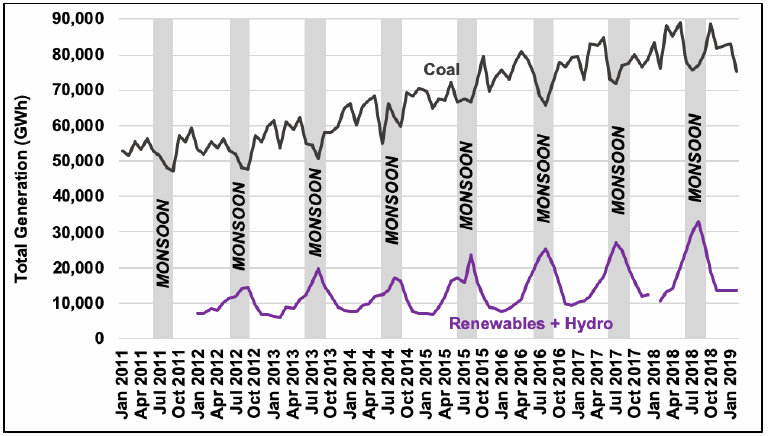Client: GreenRoots and Speak for the Trees
Authors: Tanya Stasio, PhD, Elisabeth Seliga, Elizabeth A. Stanton, PhD
Boston’s trees provide shade, cooling, and flood protection, and are an important tool for mitigating climate change impacts—like increased precipitation, sea level rise, and higher temperatures. The distribution of trees across and within Boston neighborhoods determines which communities benefit from these protections and which are left bearing the brunt of climate change impacts.
On behalf of GreenRoots and Speak for the Trees, Researcher Tanya Stasio, PhD, Assistant Researcher Elisabeth Seliga and Senior Economist Liz Stanton, PhD examined the distribution of tree coverage, pollution, high temperatures, and socioeconomic disparities in the City of Boston in order to identify communities where tree planting efforts could offer the most equitable results.
AEC recommends that equitable tree planting efforts be concentrated in neighborhoods where there is both the greatest opportunity for planting trees in an otherwise tree scarce area and a high concentration of socially vulnerable populations: South Boston, East Boston, Dorchester, and Roxbury.












